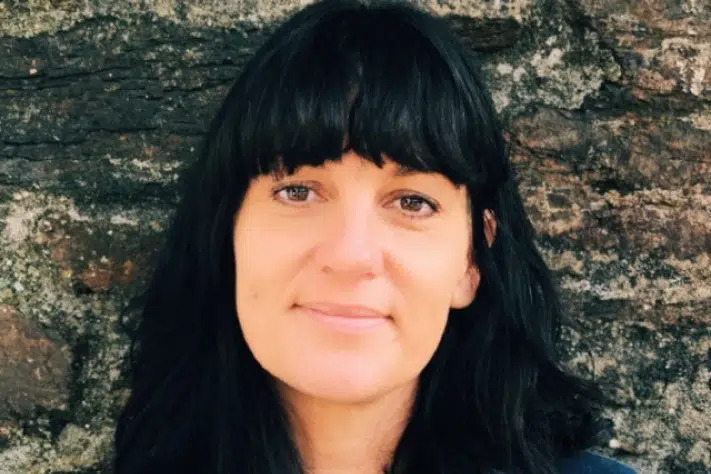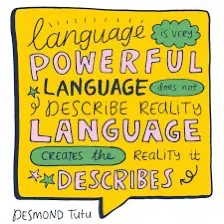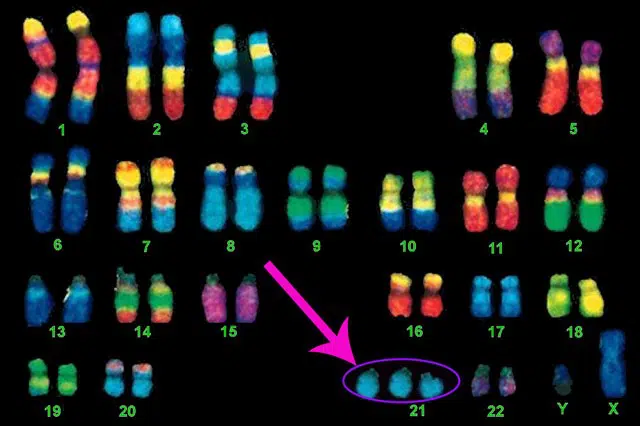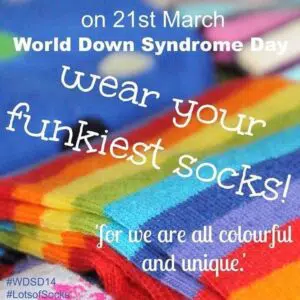21st March 2022
In support of World Down Syndrome Day, #WDSD2022 taking place today (21 March), we are delighted to share this Voices blog from Angie Emrys-Jones, a parent with lived experience.

Angie Emrys-Jones, a parent with lived experience
Since the United Nations (UN) announced that the very first World Down Syndrome Day (WDSD) would be on 21 March 2012, every year people with Down syndrome and those that love them across the globe have eagerly begun the count down to the big day.

From 1-21 March, there are community events, fundraisers and, more recently, daily myth-busting social media posts that both inform and challenge the outdated stereotypes and poor use of language that remain about the condition.
Down syndrome is a chromosomal arrangement that has always been part of the human condition. It occurs at conception, when extra genetic material attaches to the 21st pairing of chromosomes.
This is where the magic happens… 3/21…

March 21st ( 21/3 or 3/21) was chosen to signify the uniqueness of the triplication of the 21st chromosome which causes the condition and was first identified by Dr John Langdon-Down way back in 1866.
More recently, some prefer the use of Trisomy 21 rather than Down syndrome and that’s absolutely fine, labels are for clothes after all.
Along the way, it was thought that the brightly coloured chromosomes in the karyotyping image above looked a bit like funky mismatched socks and the #RockYourSocks #LotsOfSocks campaign was born:

Every year, my Facebook feed is alive with snappy WDSD awareness campaigns accompanied by the joy-filled faces of families, both new and old, who beam with pride for their loved one with that extra special ingredient who, much to their surprise, changed their lives for the better. Generally excitedly wiggling their toes under the said crazy socks!
Thankfully, because of the awareness created by the WDSD campaigns, society is moving closer to understanding that Down syndrome is not a disaster, it’s just a difference.
With the right opportunities, people with Down syndrome can enjoy long happy lives and contribute to their community.
This year’s WDSD theme is #InclusionMeans which hopes to
- share ideas, experiences and knowledge;
- empower each other to advocate for equal rights for people with Down syndrome; and
- reach out to key stakeholders to bring about positive change.
The Institute of Health Visiting (iHV) can share in the celebration of this hashtag as proud advocates for people with Down syndrome and their families.
In December 2019, the Institute launched its own Good Practice Points (GPP) for Down Syndrome – see here
This comprehensive resource holds oodles of information in one grab sheet (ok there are actually TWO GPPs because there is so much rich knowledge to include!).
Both the GPPs in the library empower the health visitor to give contemporary advice and support to new parents.
The provision of GPPs for Down Syndrome therefore enable our families to be better supported by the health visiting service, and our children with Down syndrome can thrive at their own unique pace with better access to relevant services.
For me, this year’s triumph is witnessing the success of the Delivering Different News (DDN) training – a piece of work supported by the iHV, Health Education England and the University of Kent that sets out to provide training to healthcare professionals (HCPs) on how to have compassionate conversations with new parents receiving news that their child is exceptional.
You see, those first conversations can only happen once and will be replayed like a short film in the mind of the parents for a long time into the future. The aim of the DDN training is to create good film makers, confident in sharing unexpected news and adept at meeting families where they are in that moment.
At time of writing, over 250 DDN Champions have been trained and are affecting positive change at the coalface – becoming better film makers and facilitating kindness for families who are at their most raw when they perhaps did not expect their little one to bring something ‘extra’.
The conclusion of the DDN study abstract reads:
“The significant improvements in confidence and skills reported by HCPs suggest that the training may be effective in equipping HCPs to minimise the distress, anxiety, and depression associated with receiving different news. This represents a key aspect of the prevention of mental ill health across the life course.”
That’ll do for us.
Happy WDSD22, wherever you may be!
Angie Emrys-Jones, a parent with lived experience
https://www.un.org/en/observances/down-syndrome-day

